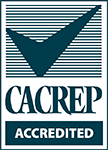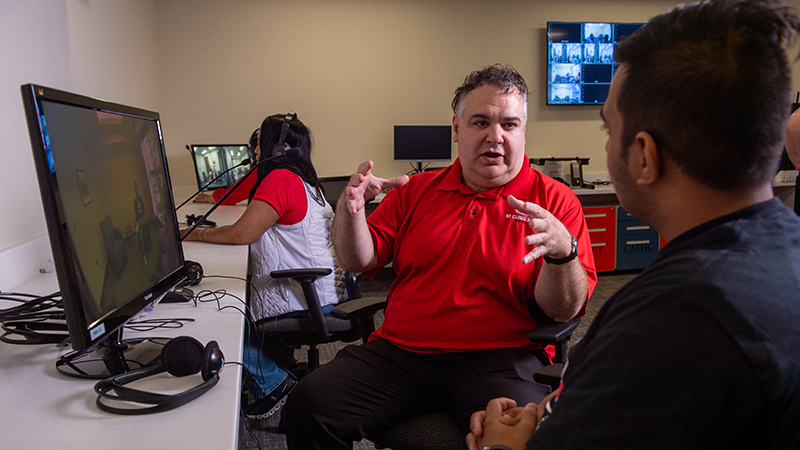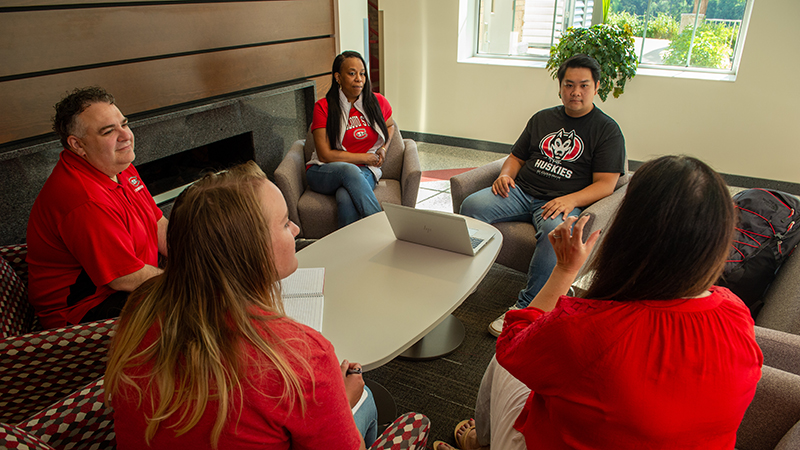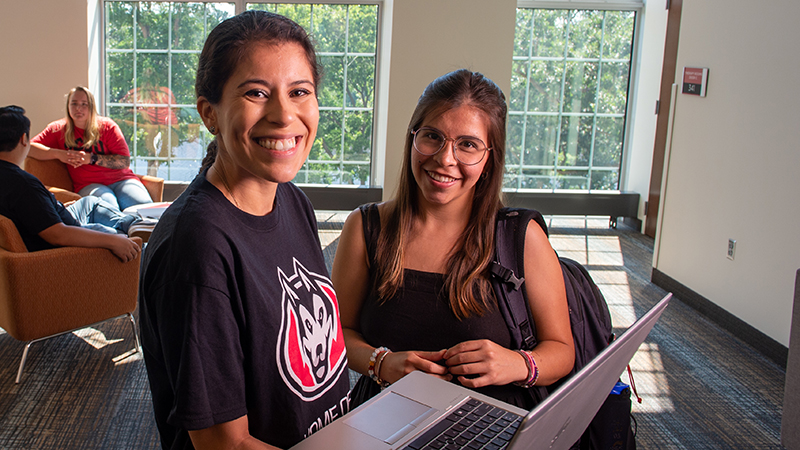School Counseling
Master of Science
School Counseling M.S.
The School Counseling program mission is to inspire and prepare future school counselors who are passionate about helping students achieve their maximum potential in their personal, social, academic, and future lives through providing the highest standard of counseling practice.
Our mission is dedicated to help students achieve the following outcomes:
- Develop a greater self-understanding
- Develop effective communication and counseling skills
- Develop fluency in multicultural competencies
- Learn and adhere to the legal and ethical guidelines of the profession
- Learn to work effectively with K-12 students, parents, and school personnel
- Learn and apply evidence-based best practices to school counseling work
Quick Links
CACREP Accreditation
 The School Counseling program at St. Cloud State University is accredited by the Council for Accreditation of Counseling and Related Educational Programs (CACREP) under 2016 standards. The accreditation runs through October, 2026.
The School Counseling program at St. Cloud State University is accredited by the Council for Accreditation of Counseling and Related Educational Programs (CACREP) under 2016 standards. The accreditation runs through October, 2026.
Program Highlights
Mission and Objectives
Mission
To empower future counselors with knowledge, skills, and empathy to transform lives and promote mental health and well-being across diverse communities.
Program Objectives
Whether you are specializing in Clinical Mental Health Counseling or School Counseling, all of our counseling students are assisted in meeting the following program objectives.
- Cultural Responsiveness & Ethics: students will demonstrate cultural fluency, trauma-informed awareness, and ethical decision-making across diverse contexts.
- Evidence-Based & Developmentally Appropriate Practice: all students will demonstrate the ability to apply evidence-based, holistic counseling strategies to support growth in personal, social, academic, relational, and career domains.
- Communication & Counseling Relationships: all students will demonstrate the ability to communicate effectively and build strong, supportive counseling relationships with clients, students, families, and communities.
- Collaboration & Advocacy: all students will demonstrate the ability to collaborate with interdisciplinary professionals, educators, and systems to foster resilience, equity, and optimal development.
- Innovation, Leadership & Professional Identity: all students will demonstrate the ability to integrate research, technology, leadership, and advocacy into professional practice to meet evolving mental health and educational needs.


